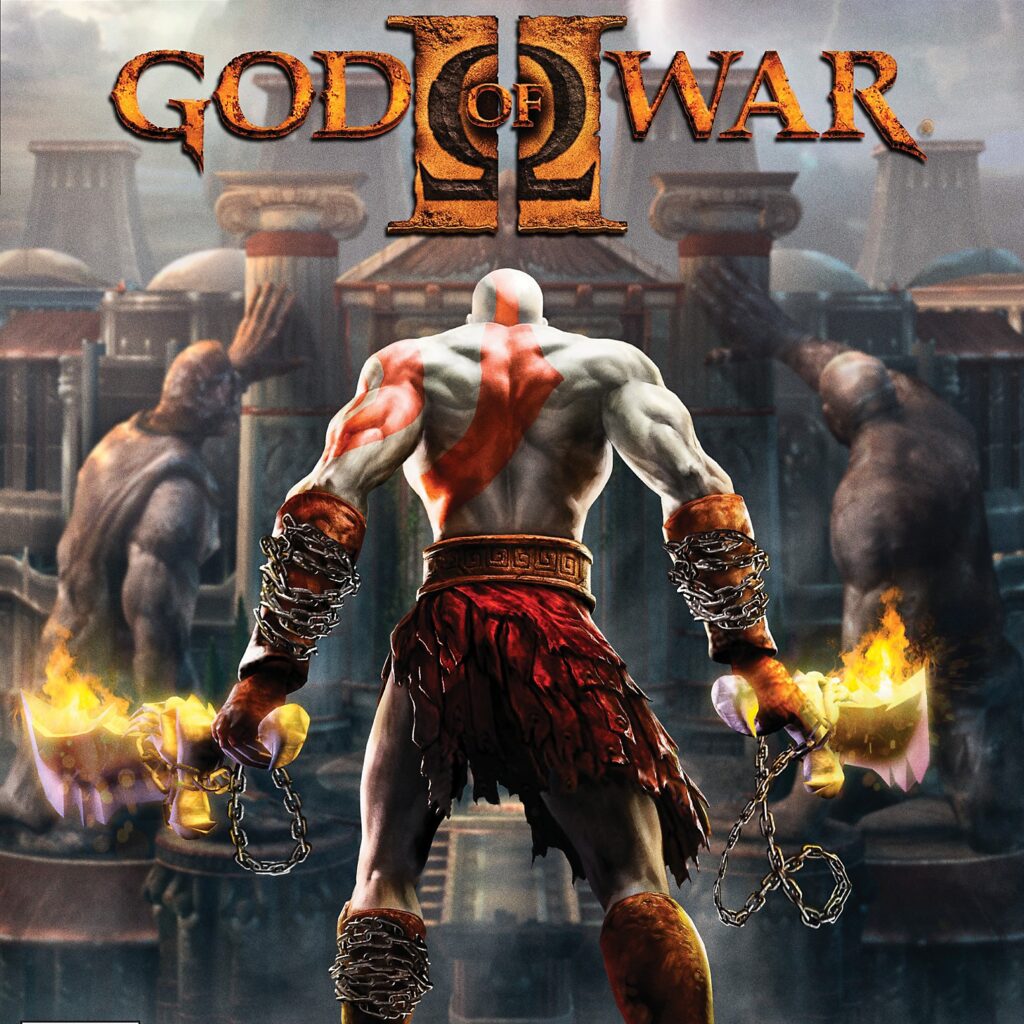
e such a deep mark on players as God of War. At its core, it isn’t just about mythical monsters, brutal combat, or cinematic boss fights—it is a story of humanity, fatherhood, loss, and redemption.
The game puts us in the shoes of Kratos, a warrior known for his unmatched strength and his endless rage. But in God of War (2018) and its sequel Ragnarök, Kratos is not just the “Ghost of Sparta” we once knew; he is a father learning to guide his son Atreus in a world full of gods, giants, and destiny. This shift humanises him, showing not only his might but also his vulnerability.
What makes the series so powerful is the balance between action and emotion. The combat system is visceral—swinging the Leviathan Axe or chaining enemies with the Blades of Chaos feels incredible. Yet, between battles, the story pauses to give us quiet, heartfelt moments: Atreus asking questions about the world, Kratos struggling to express his feelings, or the two simply rowing a boat together across vast lakes.
The world-building is another highlight. Players journey through realms inspired by Norse mythology, each filled with breathtaking landscapes, puzzles, and hidden stories. Every realm feels alive, not just as a backdrop for combat, but as a living, breathing world with its own history and soul.
What truly sets God of War apart is its exploration of relationships. Kratos’ struggle to be a better father, Atreus’ journey to understand who he is, and the echoes of the past that refuse to fade—these themes make the game deeply relatable, even beyond its mythological setting. It’s about confronting demons, both external and internal.
In the end, God of War is not only a game about gods—it is a game about people. It reminds us that strength isn’t just in battle, but in love, patience, and the courage to change.
